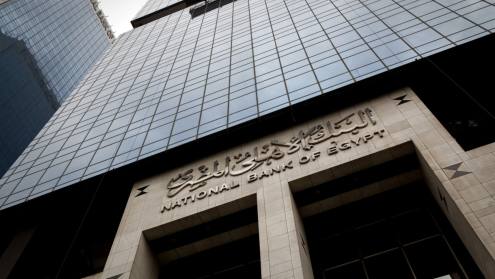That is the third-highest return on assets in The Banker’s 2005 Top 1000 listing, just 1.23 percentage points off top-ranked International Banking Corporation of Bahrain.
That flowed through to a 56.8% pre-tax return on average capital, the 16th highest in the ranking. Total pre-tax profits came in at $203m, off assets of $1.34bn.
African Bank has to justify the higher risk of its business model, lending on an unsecured basis to the sorts of customers whom conventional, full-service commercial banks are typically reluctant to consider. Its capital/assets ratio, for instance, was 36% in 2004. But it is no one-hit wonder. Pre-tax profits have been rising by 10.6% per year on average for the past five years. At the end of 2004, the bank’s share price was up almost 100% over the five-year period, 14.9% on an annualised basis.
African Bank has benefited from a conducive economic climate. The South African economy is growing, inflation has been tamed, interest rates are at their owest levels in more than 20 years and the bank’s market – mostly poor, black South Africans – is beginning to benefit from participation in the formal sector. Not surprisingly, it has led to a credit boom that the bank is still enjoying.
The bank is also improving operationally. Its cost/income ratio was down to 34.5% from 49.1%. The cost/advances ratio is inching lower and was 18.5% at the end of 2004. Its non-performing loan ratio to gross advances shrunk from 41.6% to 36.6%, of which 73.8% is provided for. These improvements meant the bank’s long-term credit rating was notched upwards, reducing funding costs to 12.7% in 2004 from 14.5% the year before.
With South Africa’s banks voluntarily signing up to the Financial Services Charter, which among other things commits them to extending services to the country’s unbanked population, African Bank is expecting increased competition from its far bigger rivals. It is the clear market leader for the moment, however, and ongoing product development into increasingly narrower market segments suggests that it is a lead that it will hold for a while in what is a complex sector.
“African Bank’s appetite for unsecured lending growth is driven by our view of prevailing market conditions,” says managing director Leon Kirkinis. “The sustained low inflation environment and improving economic condition of the bank’s target base, due to the success of transformation efforts in the economy, have created a positive climate for growth. This has allowed us to flex our credit criteria and increase the access to credit for our clients.”
JE











